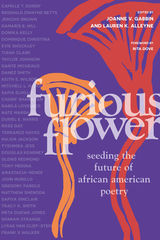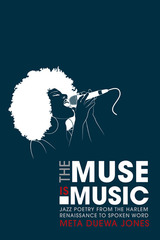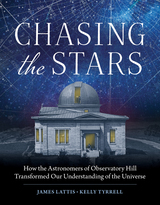This wide-ranging, ambitiously interdisciplinary study traces jazz's influence on African American poetry from the Harlem Renaissance to contemporary spoken word poetry. Examining established poets such as Langston Hughes, Ntozake Shange, and Nathaniel Mackey as well as a generation of up-and-coming contemporary writers and performers, Meta DuEwa Jones highlights the intersections of race, gender, and sexuality within the jazz tradition and its representation in poetry. Applying prosodic analysis to emphasize the musicality of African American poetic performance, she examines the gendered meanings evident in collaborative performances and in the criticism, images, and sounds circulating within jazz cultures.
Jones also considers poets who participated in contemporary venues for black writing such as the Dark Room Collective and the Cave Canem Foundation, including Harryette Mullen, Elizabeth Alexander, and Carl Phillips. Incorporating a finely honed discussion of the Black Arts Movement, the poetry-jazz fusion of the late 1950s, and slam and spoken word performance milieus such as Def Poetry Jam, she focuses on jazz and hip hop-influenced performance artists including Tracie Morris, Saul Williams, and Jessica Care Moore.
Through attention to cadence, rhythm, and structure, The Muse is Music fills a gap in literary scholarship by attending to issues of gender in jazz and poetry and by analyzing recordings of poets both with and without musical accompaniment. Applying the methodology of textual close reading to a critical "close listening" of American poetry's resonant soundscape, Jones's analyses include exploring the formal innovation and queer performance of Langston Hughes's recorded collaboration with jazz musicians, delineating the relationship between punctuation and performance in the post-soul John Coltrane poem, and closely examining jazz improvisation and hip-hop stylization. An elaborate articulation of the connections between jazz, poetry and spoken word, and gender, The Muse Is Music offers valuable criticism of specific texts and performances and a convincing argument about the shape of jazz and African-American poetic performance in the contemporary era.











